-
Shop
- Back
- Shop
- Pre-Order Books
- New Releases
- Vintage Books
- Sale Books
- Children's
- Shop All
- Vintage Menus
- Risographs
- Aprons & Totes
- Moulds
- Gift Cards
- Americas
- Art & Design
- Asia & Oceania
- Europe
- Jewish
- Middle Eastern & African
- Baking & Sweets
- Drinks
- Food Writing
- Gardening & Preserving
- General & Ingredients
- Health
- Professional
- Technique
- Magazine
- Upcoming Events
- About Us
- Cookbook Club
-
Shop
- Pre-Order Books
- New Releases
- Vintage Books
- Sale Books
- Children's
- Shop All
- Vintage Menus
- Risographs
- Aprons & Totes
- Moulds
- Gift Cards
- Americas
- Art & Design
- Asia & Oceania
- Europe
- Jewish
- Middle Eastern & African
- Baking & Sweets
- Drinks
- Food Writing
- Gardening & Preserving
- General & Ingredients
- Health
- Professional
- Technique
- Magazine
- Upcoming Events
- About Us
- Cookbook Club
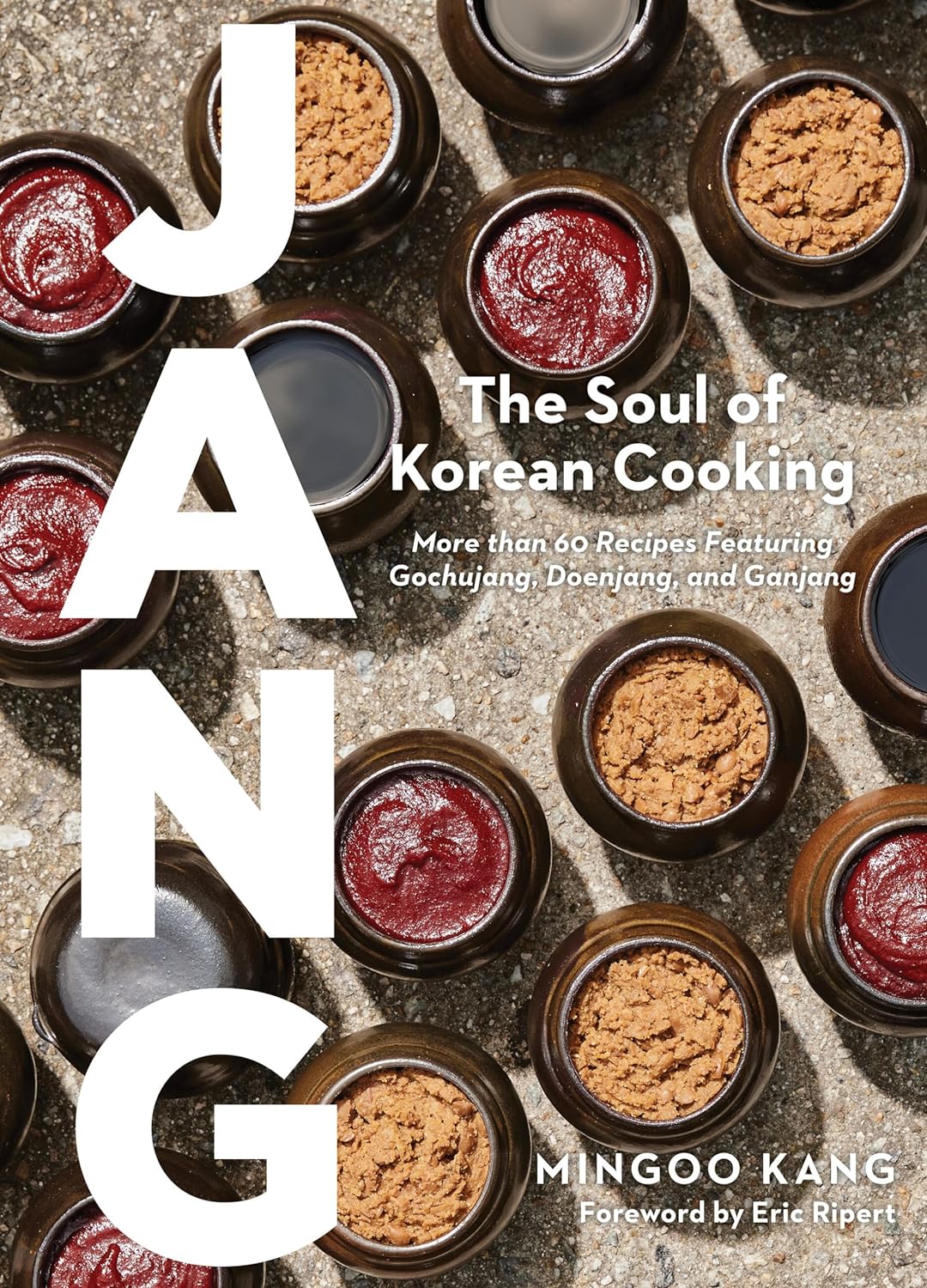
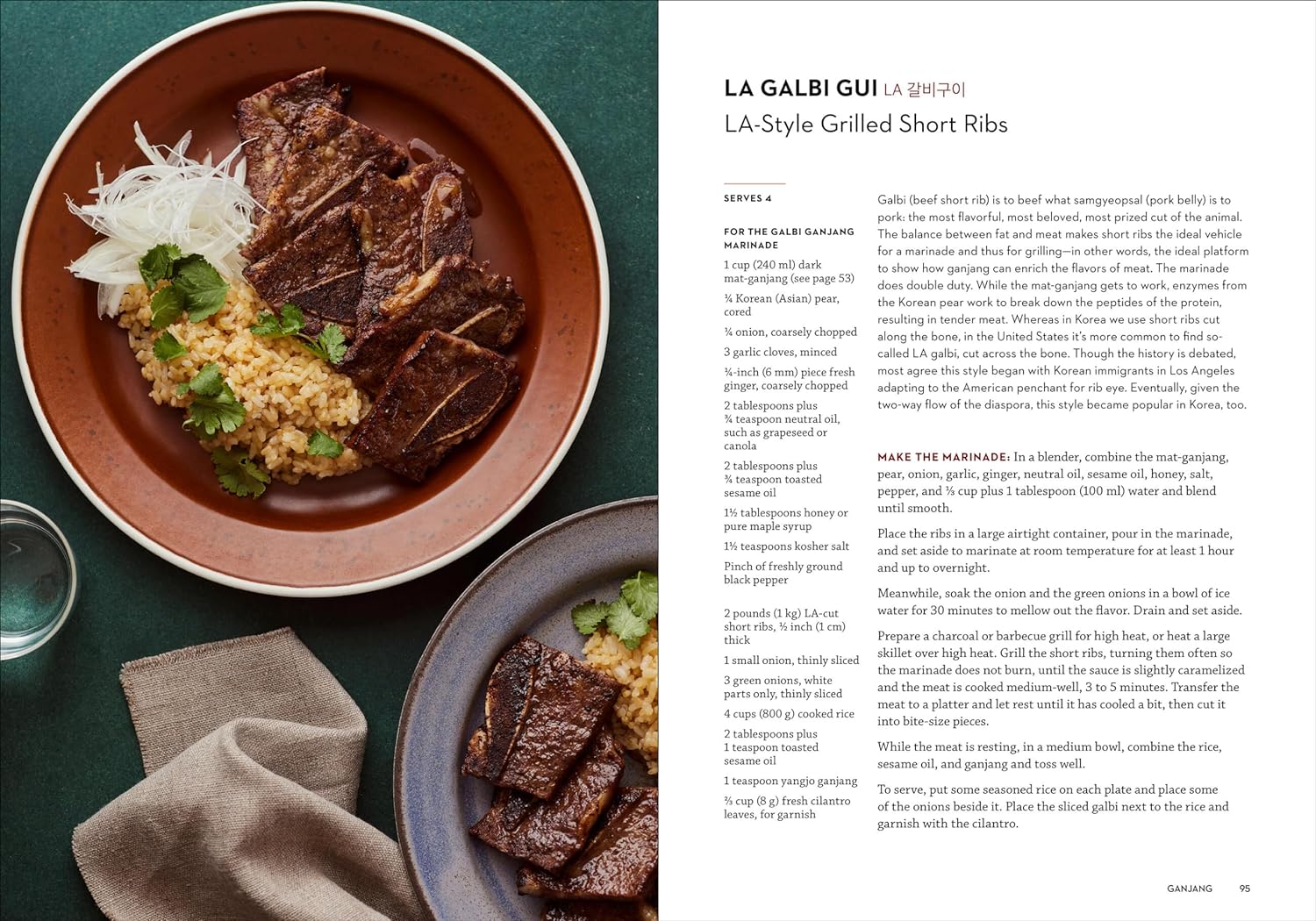
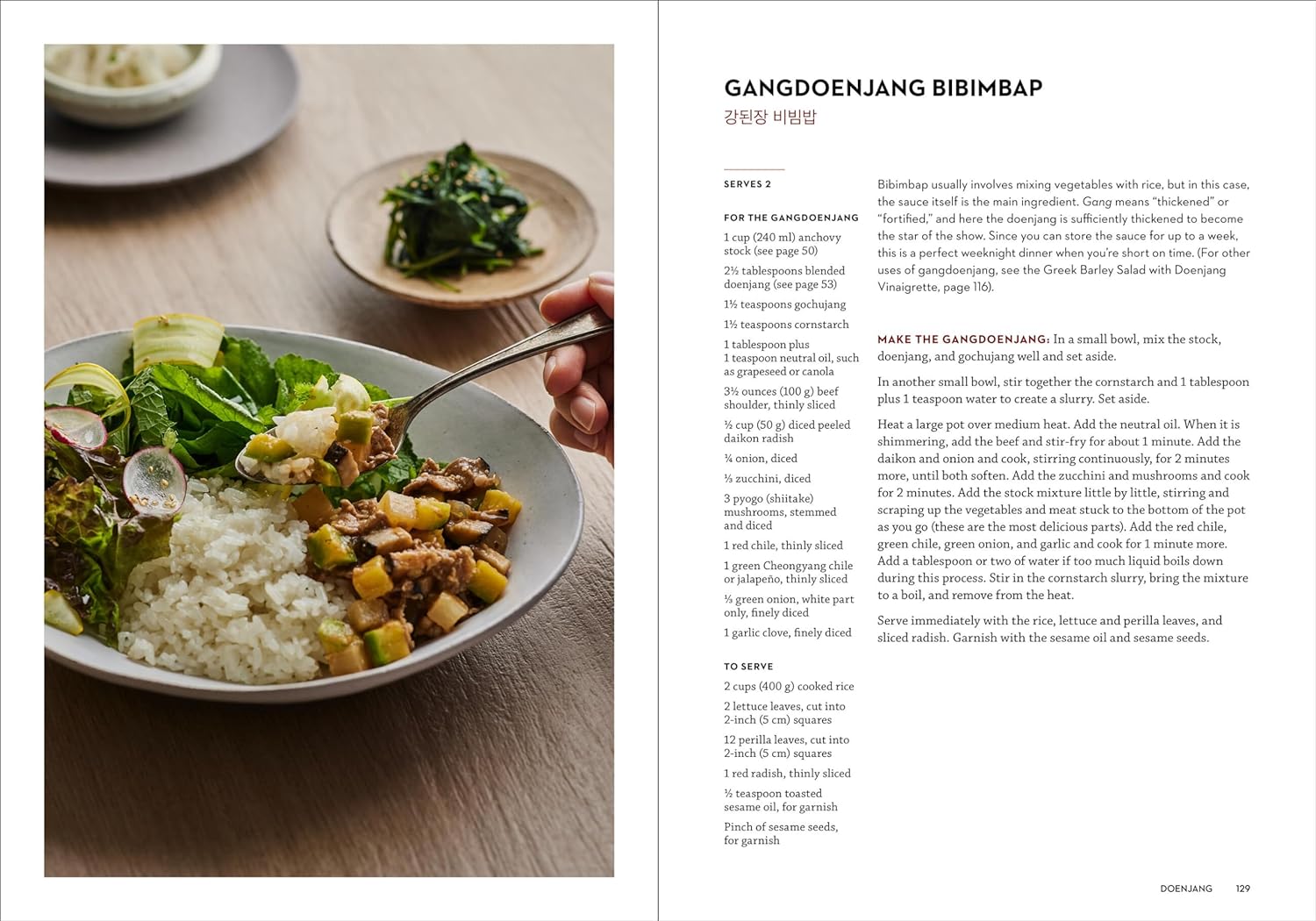
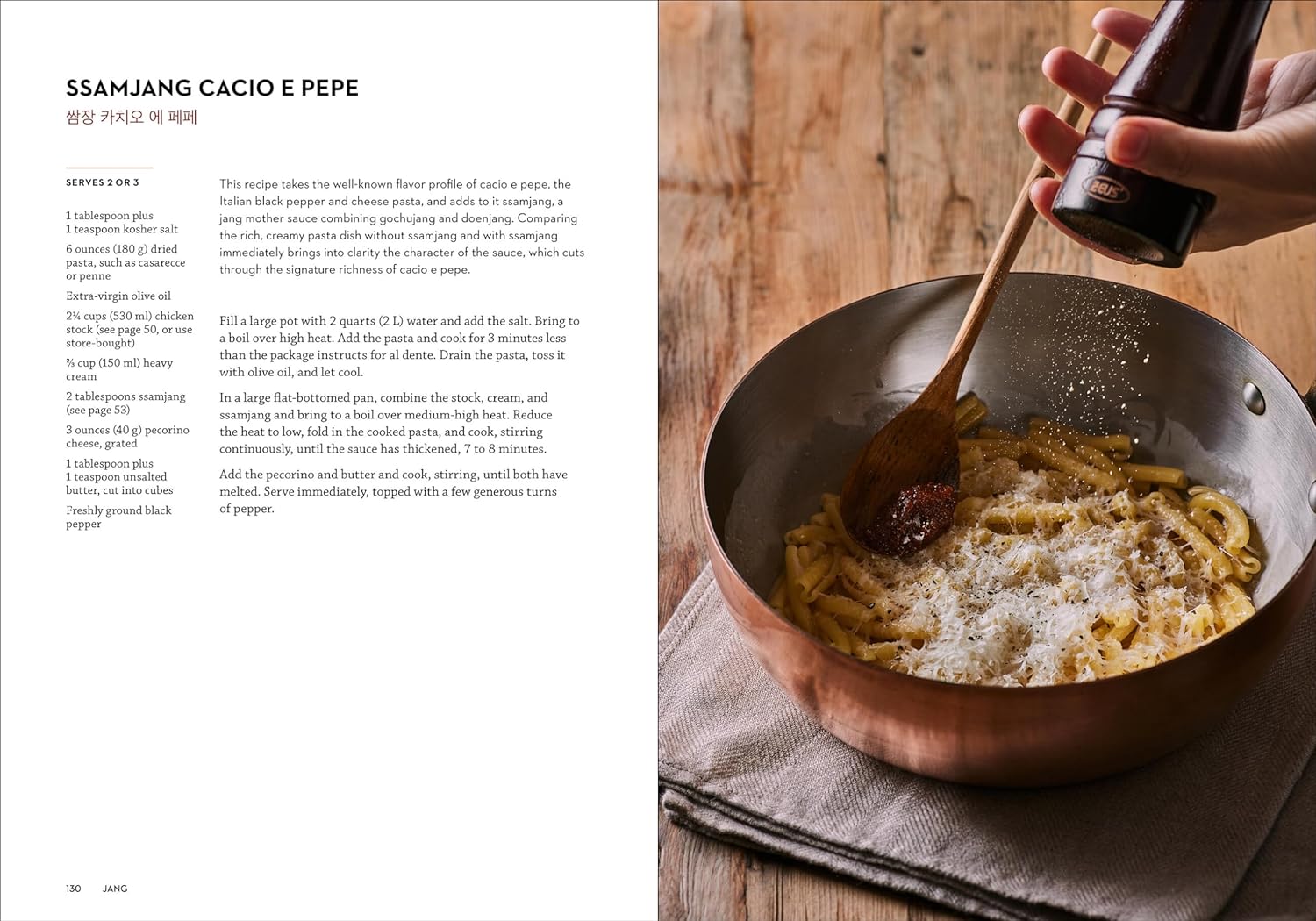
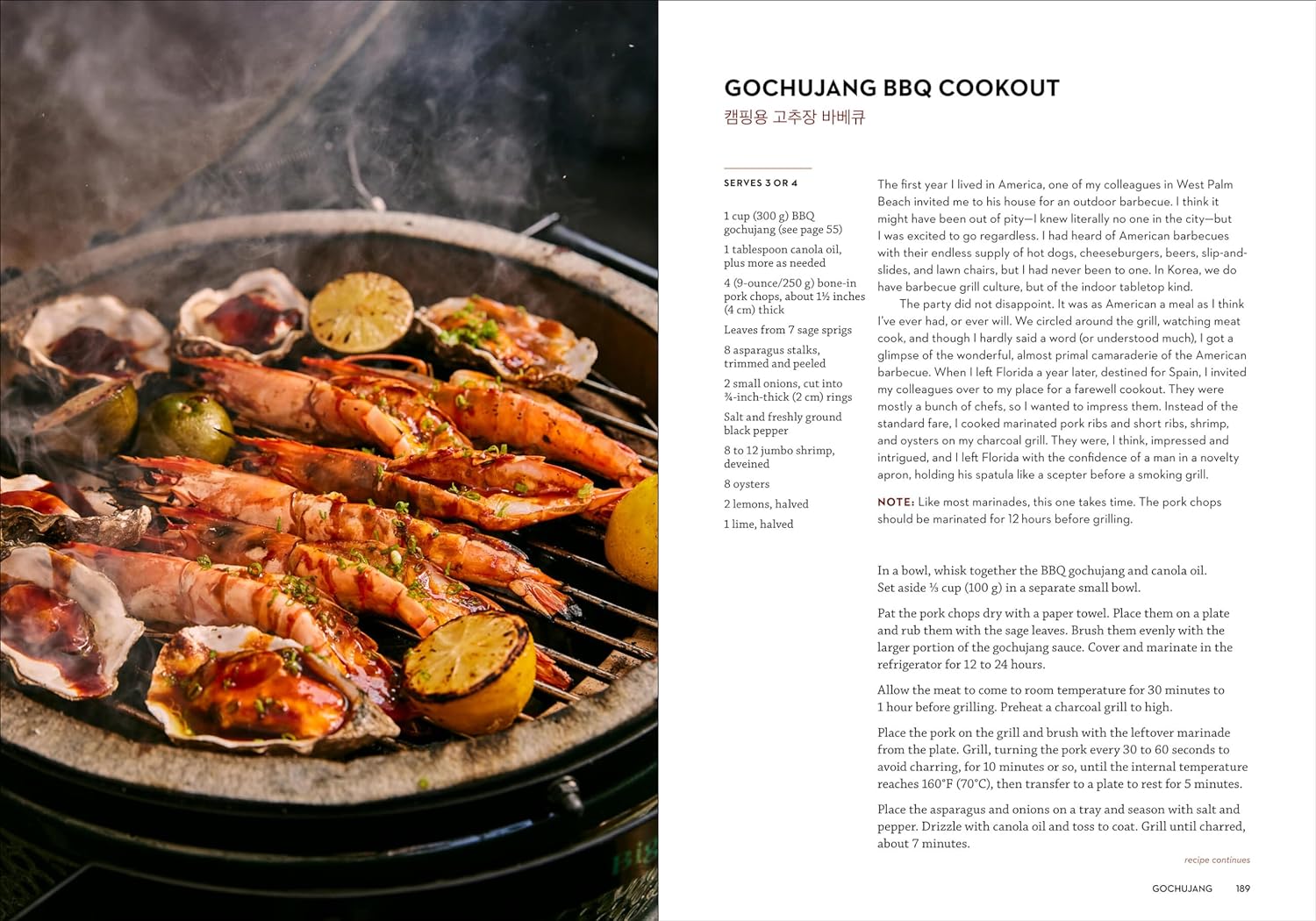
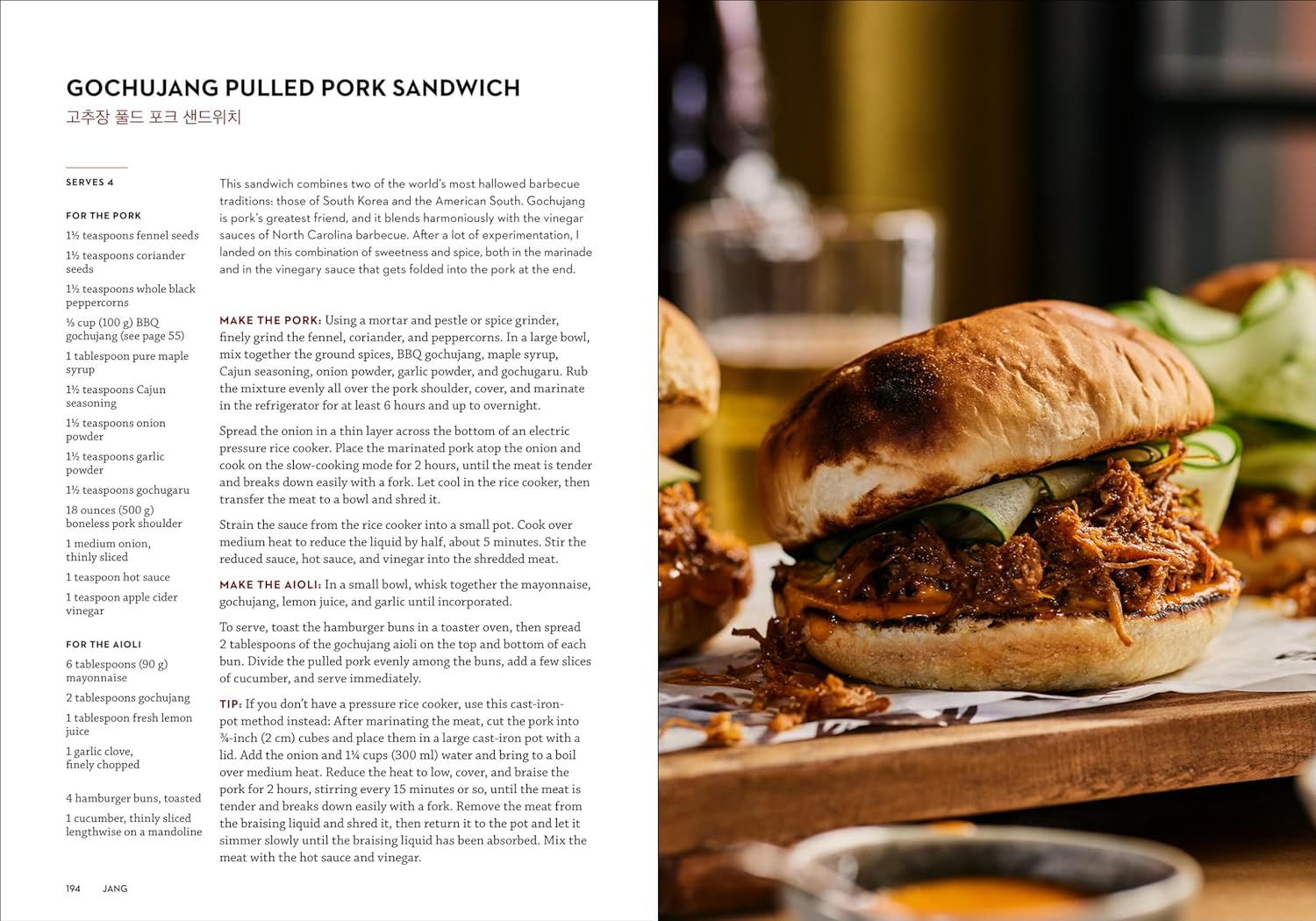
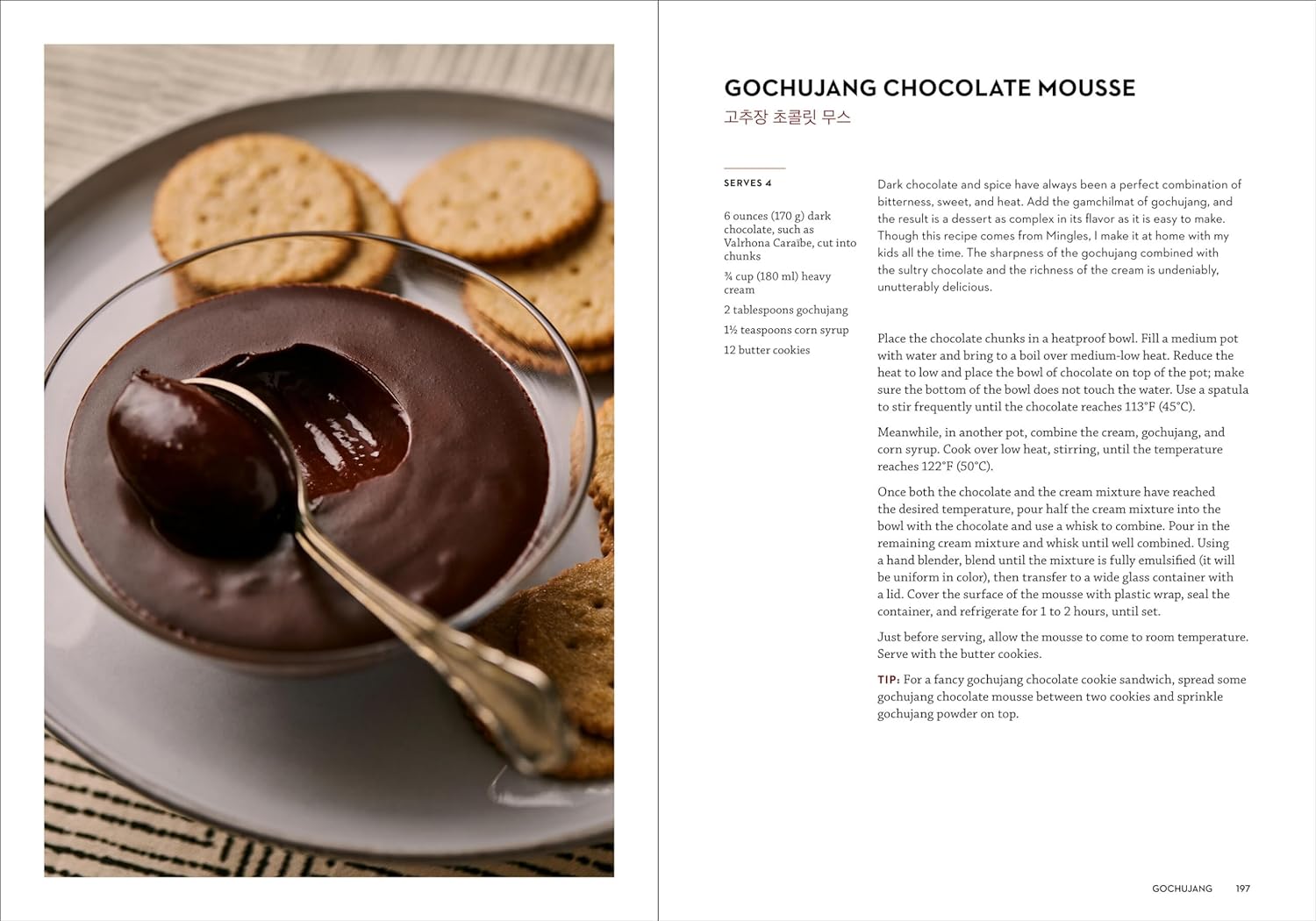














Jang: The Soul of Korean Cooking: More than 60 Recipes Featuring Gochujang, Doenjang, and Ganjang (Mingoo Kang)
In the first book on the subject in English, South Korea’s best chef shows readers how to cook with jangs—the sauces that are the essential building blocks of all Korean cuisine. In the 60 home-cook-friendly dishes, he demystifies jangs while showing how they can be used to make both Korean and Western dishes more delicious.
Like butter in French cooking or olive oil in Italian, jangs are the soul of Korean cuisine. These umami sauces are found in every meal, from soups and stews, to salads, marinades, and even desserts, adding depth and complexity to every dish. The foundation of the three main jangs—gochujang, doenjang, or ganjang—is simple. Soybeans, water, and salt are dried, aged, and fermented in earthenware pots, extracting flavor from their environment and slowly blossoming into intensely flavored jangs. Few understand these ingredients better than chef Mingoo Kang, who has dedicated his Seoul restaurant to the exploration of jangs. In his first cookbook, Kang expertly weaves jangs’ history and methods into 60 accessible recipes to bring the sauces to life. Dishes like Fish Dumplings and Gang-Doenjang Bibimbap showcase the sauces’ traditional Korean roots, while Western-inspired recipes like Doenjang Crème Brulee and Ssamjang Cacio e Pepe reinvent favorite meals. Through artisan profiles, sidebars, and step-by-step photographs, Jang uncovers one of the culinary world’s best-hidden secrets.
WORKMAN
